“Farmers everywhere will tell you that weather and water are the biggest issues,” Travis Bayer, co-founder and Chief Technology Officer at Asilomar Bio. The company recently closed a $3 million Series A round co-lead by Cultivian Sandbox Ventures and Fall Line Capital. Asilomar focuses on developing tools that growers can use to enhance their harvest yields efficiently through technological advancements in plant science and chemical manufacturing.
“We started the company being broadly interested in helping manage environmental stress,” says Bayer. “We are interested in providing products that look like things that farmers use right now, but really address these environmental issues.” The majority of crop protection products on the market fall into three categories: pesticides, herbicides, and fungicides. Asilomar hopes to create a fourth class of crop protection product that deals specifically with environmental stresses.
The company’s flagship product, which has not yet been released, is designed to increase drought tolerance in crops. “What we see in the field trials is a reduction in drought stress symptoms and a pretty significant enhancement in yield,” says Bayer. Asilomar is in the middle of its third field trial of the product, which is located in the western portion of America’s corn belt. Trials have also been performed throughout other areas of the country, including Texas, Colorado, North Dakota, Illinois, Iowa, Wisconsin, and eastern Washington.
“I think overall farmers have been receptive. In ag there has always been a little bit of a reluctance to try new products, especially from small companies. There is always the fear that someone is selling you snake oil,” says Bayer. To gain trust, Asilomar is offering farmers a chance to test out the product, which is available as either a seed treatment or foliage spray, by selecting a test plot on their farm. “When we have done this, people get good results and there is a lot of interest.”
In drought-stricken California, the market for this type of product could potentially be substantial. Asilomar has conducted a number of trials in the state using high value crops like lettuce, tomatoes, almonds, and orchards. Bayer anticipates ramping up its trials and product development in the California market during the next season.
The recent round of funding will help Asilomar make its final push toward getting this technology and product to market. “We are using this to scale up manufacturing and sales enabling, primarily by sending agronomists into the field and having them talk to farmers about what our product can do for them.” As for distribution, Bayer anticipates using the traditional agrochemical channels, but hasn’t ruled out different routes if there is a strong demand in a specific market sector.
In order to broaden its market, Asilomar has been in communication with the U.S. Environmental Protection Agency (EPA). “We are currently going through their bio-testing division, which means the EPA will classify this product as a natural, bio-based product.”
Asilomar has plenty of other projects on the agenda. The company sees itself as attacking multiple types of environmental stressors–not just drought. “If you plant in April in the Midwest, you have stress from old and wet soil. There are stresses from selenium and sodium. We have similar technologies that are aimed at helping these stresses.” According to Bayer, these additional products are roughly one year behind its flagship drought assistance product.
For now, Asilomar is thrilled with the development of its current product and the involvement from Cultivian and Fall Line, which have both become major players in the food and agriculture investment space. Cultivian was one of the first firms to focus exclusively on food and agriculture technologies. The firm hopes to build the next generation of disruptive food and agriculture technologies through tis hands-on approach.
Cultivian provides more than early-stage investment to entrepreneurs and startups. The firm also collaborates actively with its strategic partners and networks throughout the food and agriculture industries to provide its portfolio members with as many resources as possible. Some of Cultivian’s current holdings include livestock diagnostic platform developer Advanced Animal Diagnostics and sustainable enzyme maker Agrivida.
Fall Line takes a unique approach to investing in food and agriculture. The firm purchases and actively manages farmland throughout the country and invests in technology companies that provide the specific tools it needs to cultivate its land holdings to their maximum potential.
Bayer sees this as a perfect opportunity for Asilomar. “They were practically an investor and a customer at the same time.” Fall Line works directly with farmers to make capital improvements and to introduce new technologies to their farming operations through a long-term relationship oriented approach. For the firm, aligning interests toward optimizing farm productivity and preserving soil quality is paramount.
As Bayer says, “We are very, very excited to be working with this group of investors because they are the experts in the agtech investing space.”
Have news or tips? Email [email protected].




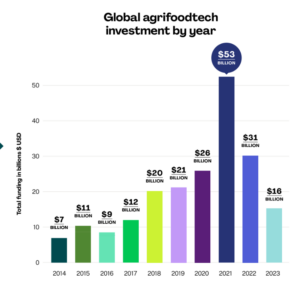
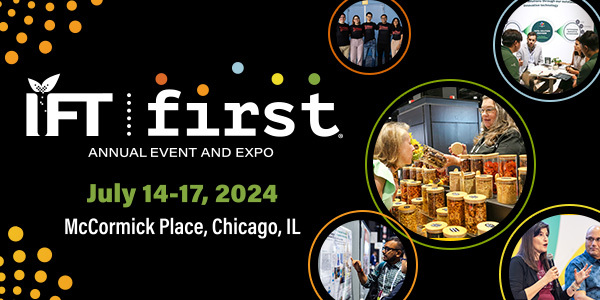
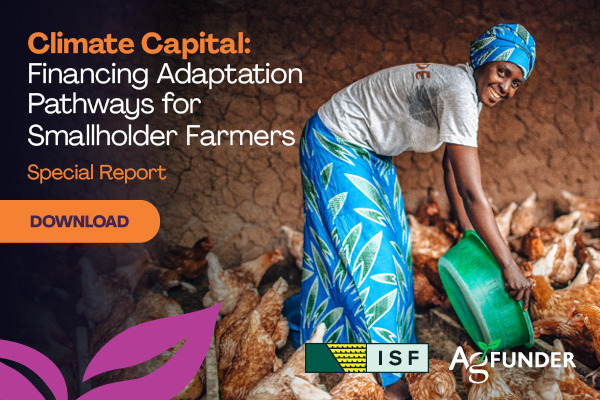
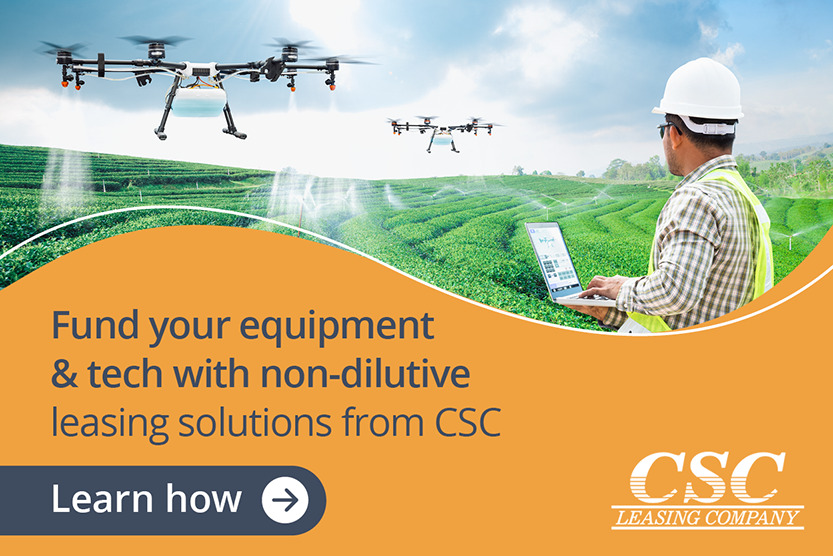


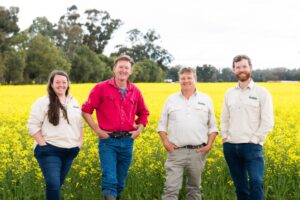


Sponsored
International Fresh Produce Association launches year 3 of its produce accelerator